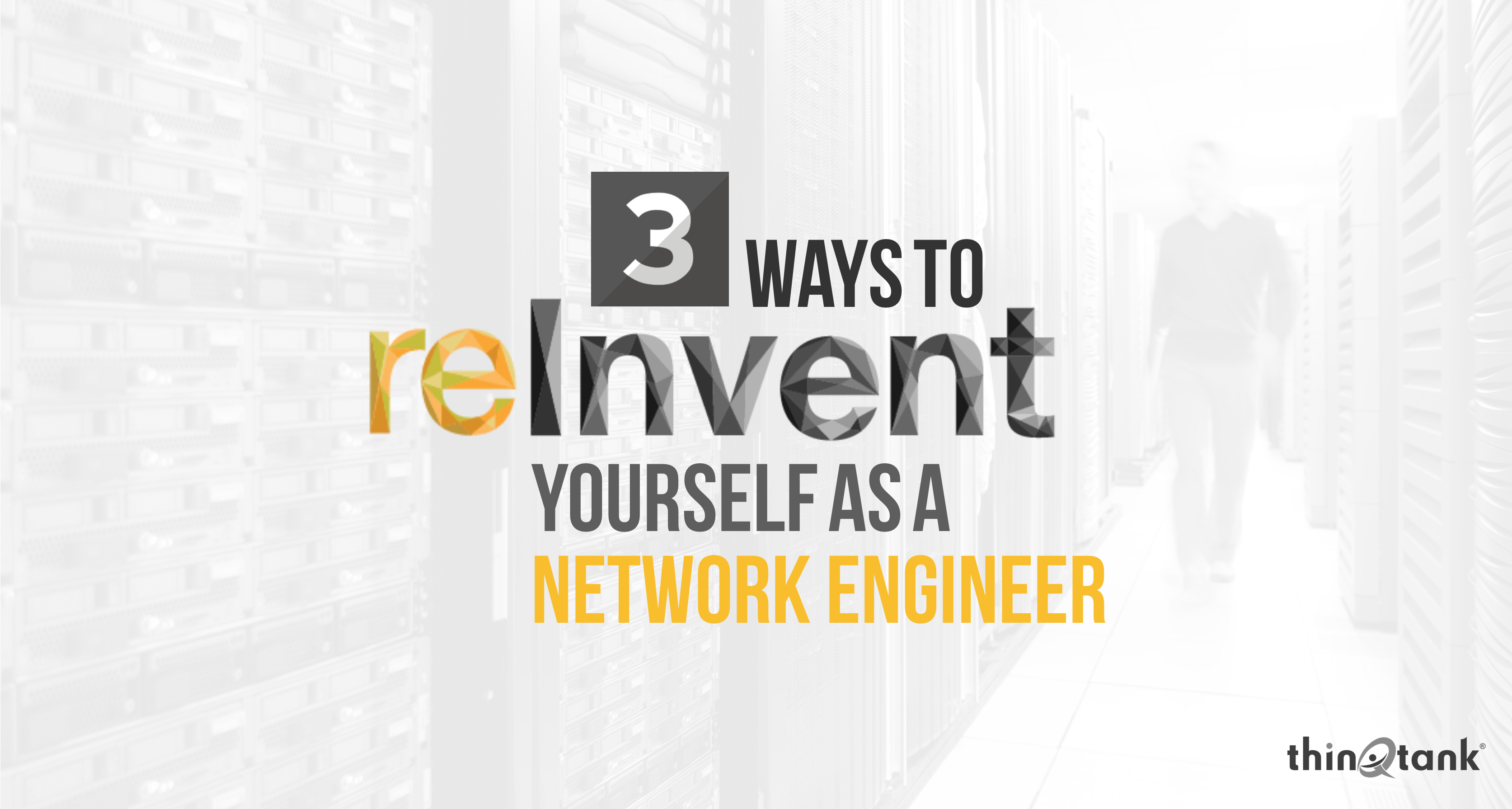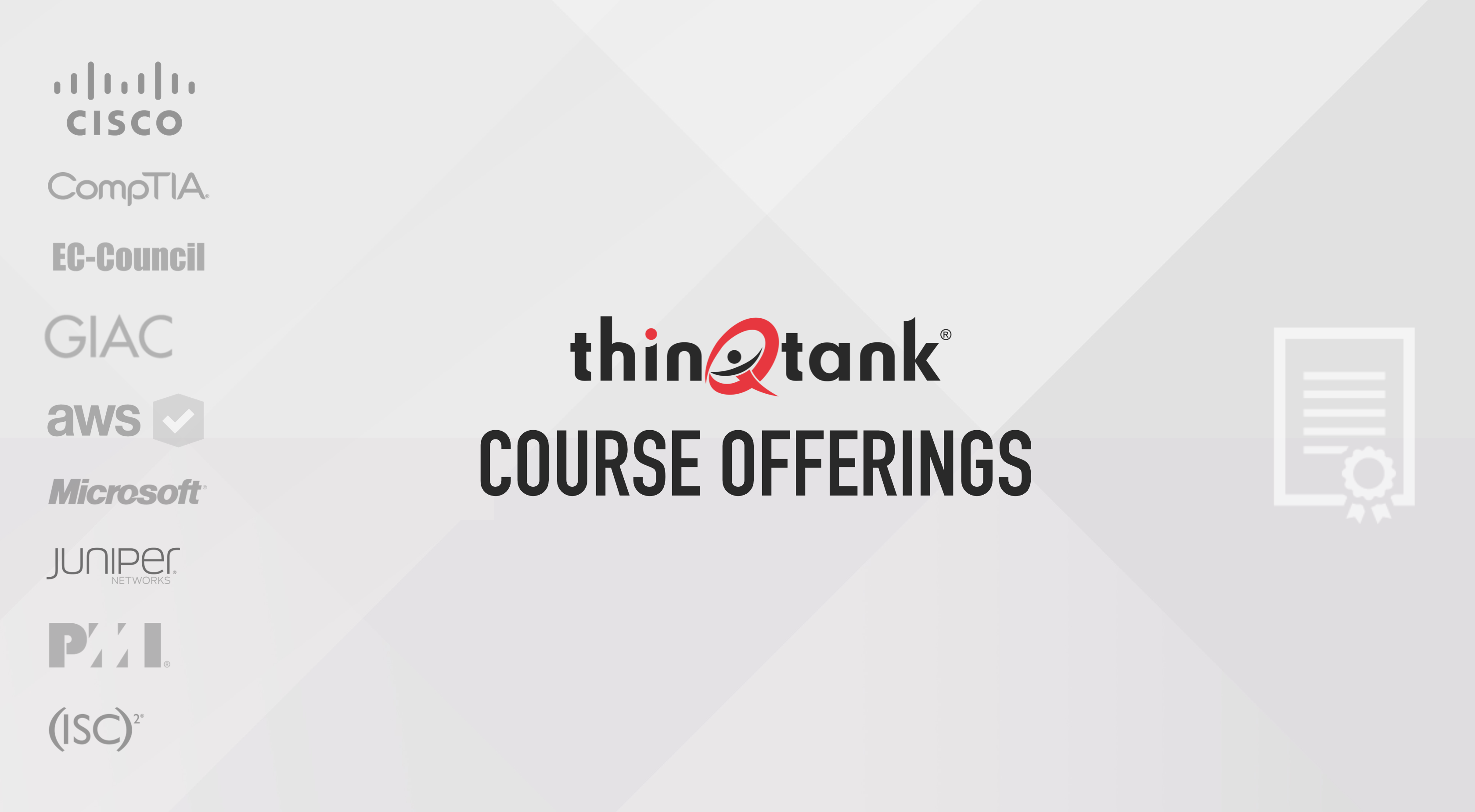3 Ways to Reinvent Yourself as a Network Engineer
As the Network Engineering job role changes, Learning@Cisco and DevNet provide resources for skills transition.
Network engineering, as a job role, has shifted dramatically over the past 20 years. In the past, network engineers were responsible for keeping the network up and running, but the job role today is much more complex. Digital transformation, automation and orchestration, as well as changes in infrastructure, have opened up new possibilities and expanded the bandwidth of the role. In this new digital era, optimizing business outcomes has become a priority across industry.
With the advent of intent-based networking, the role of the network engineer is bound to shift even more. Additionally, since the half-life of newly acquired skills is now roughly 2.5 years, keeping pace with this rapid, and accelerating, pace of innovation calls into question – what’s the best way to attain the right skills and ensure future success? Last week, I met with industry leaders at the Software-Defined Enterprise Conference and Expo to discuss just this. Here are three ways that you can reinvent yourself as a network engineer:
It takes a really long time to become an expert at something – Malcolm Gladwell has popularly defined expertise as 10,000 hours of experience. How can you get ahead of this incredibly long expertise development time? Speak to those who have been there, learn from their mistakes and challenges, and continually refer to them as a resource.
Your team is one of your most valuable resources. Listen to them, talk to them and learn together. Don’t just take knowledge from others; share yours with others as well. Set aside time explicitly for the purpose of sharing ideas and collaborating. And don’t just look to your team for new knowledge – look to the larger organization, to different areas of the business. Contribute to a culture of sharing, learning and teaching in order to foster your own growth and development, and to reinvent yourself as a network engineer.
Team sharing helps accelerate learning and development; training and certification make this growth tangible. Eight of ten managers agree that Cisco certified individuals are more knowledgeable and valuable to their organization. They can take on more responsibilities, are more respected by peers and are more promotable according to Cisco’s Value of Certifications Study.
So what are you waiting for? You want to reinvent yourself? Start training to become certified; it’s the best way to flex your career muscle and prove that you are truly capable of taking on a larger role or switching to a new position. Once you’re certified and have succeeded in accomplishing your next career goal, celebrate your success, but don’t think that’s where your reinvention ends.
No longer is learning a point-in-time occurrence, but instead an ongoing journey. To become a continuous learner requires a change in mindset – from a fixed mindset to a growth mindset, as referred to in Carol Dweck’s popular book. Having a growth mindset means opening yourself up to new possibilities, new tactics, new technologies and ultimately, becoming more flexible. Taking advantage of both team learning and more formalized training, and becoming a flexible, continuous learner with a growth mindset will create new professional opportunities and will ultimately set you up for long-term success.
To learn more, visit Cisco Learning Network: Network Automation, Analytics, and Virtualization page. You can also search for additional learning tools and resources at Cisco DevNet. (Original post by Tejas Vashi)
If you have questions or would like more information about our Training and Certification Programs, we would love to hear from you! Give us a call us at 855-TO-THINQ (855-868-4467) or email website@thinqtanklearning.com.




